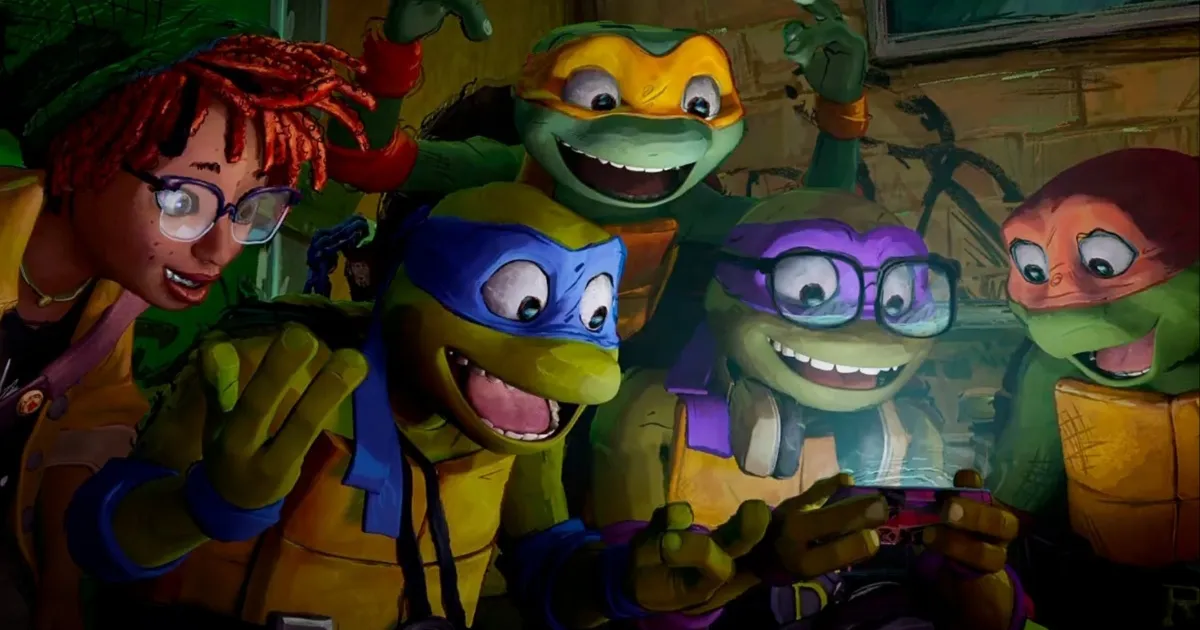The writer and director Jafar Panahi — a key figure in the Iranian New Wave, one of only four filmmakers ever awarded the top prize at each of the three biggest European film festivals (the others being Henri-Georges Clouzot, Michelangelo Antonioni and Robert Altman) and the guest on this episode of The Hollywood Reporter’s Awards Chatter podcast, which was recorded earlier this month in Toronto — has spent decades making films that deftly challenge the ruthless regime that reigns over the only country he has ever called home.
In response, he has, at times, been banned from making films, forbidden from giving interviews or leaving Iran and, on two occasions, jailed, all with the goal of preventing him from engaging in further muckraking. However, at great risk to his life and liberty, he has refused to be silenced — 2011’s This Is Not a Film was perhaps his greatest dare to his would-be persecutors — leading The Guardian to call him “the world’s most quietly defiant cineaste,” the New York Times to describe him as “a humanist in a theocracy,” and the Los Angeles Times to describe him as “not just one of Iran’s top filmmakers,” but also “its most politically outspoken.”
The 65-year-old’s latest film, It Was Just an Accident, centers on Vahid, a working-class Iranian who was once imprisoned by the regime. After regaining his freedom, he stumbles upon a man who he believes was his torturer, abducts him, and then seeks confirmation from fellow former prisoners before deciding what retribution to exact upon his abductee. The film was partly inspired by Panahi’s own interactions with an interrogator during his second stint in jail, in 2022. Needless to say, it is not one that the Iranian regime would have approved of, so it was largely made in secret.
But for Panahi and his film, there was no avoiding the global spotlight when, last May, It Was Just an Accident had its world premiere at the Cannes Film Festival, and then became only the second Iranian film ever awarded the fest’s highest honor, the Palme d’Or, 28 years after the first, Taste of Cherry, which was made by Panahi’s late mentor, Abbas Kiarostami. Then, last week, France, from which Panahi received substantial financing for the film, submitted it as its entry for the best international feature Oscar competition.
Over the course of a conversation at the offices of Elevation Pictures in Toronto, during Panahi’s visit to the Toronto International Film Festival, the 65-year-old and I — assisted by his translator, Sheida Dayani — discussed how he came to be mentored by Kiarostami; how, starting with Panahi’s 2000 film The Circle, the Iranian regime began closely monitoring and not infrequently impeding his work; what his outlook was after he was arrested in 2010 and sentenced to six years in jail, banned from making films, banned from giving interviews and banned from leaving Iran for 20 years, and why, even after being released but subject to being brought back to fulfill his sentence at any time, he dared to keep making films; what he hopes audiences will take away from It Was Just an Accident; plus much more.







